 Even the best business systems need to be revised and updated regularly. Use the checklist below to audit your Balanced Scorecard, find possible problems, and fix them during the early stages before they result in bigger issues.
Even the best business systems need to be revised and updated regularly. Use the checklist below to audit your Balanced Scorecard, find possible problems, and fix them during the early stages before they result in bigger issues.
There are a number of typical problems that a company’s strategist faces when implementing the Balanced Scorecard framework. Sometimes, they might look like disadvantages of the framework, but I believe it’s all about finding the right way to use this powerful business tool. This checklist will help.
I divided possible situations into the green, yellow, and red zones so that you can quickly learn if your Balanced Scorecard is at risk and how to fix it.
1. Who Designed the Balanced Scorecard for Your Organization?
In each department, we had a BSC practitioner who ran a disciplined discussion around the strategy and the ways to execute it.
All members contributed to the strategy formulation on their level and helped to find respective measures. An external consultant supervised the project and gave excellent feedback on each stage.
Explanation
Your strategy is a unique piece of intellectual property that is tailor-made by the members of your team.
External consultants can help with many organization and methodological issues, but make sure that the strategy remains your core competency.
Involve your team in the early stages of strategy discussion, as this will help to solve many motivational problems in the future.
Here is our implementation guide that explains the details.
2. What Components of the Balanced Scorecard do You Have?
Explanation
Forget about KPIs for now; they are not the most important part of the Balanced Scorecard.
Focus on your strategy first.
- What hypothesis do you have in mind?
- How does it decompile into business goals?
- What is your action plan?
3. What Does Your Strategy Map Look Like?
Explanation
A strategy map is one of the most important tools to achieve crystal-clear understanding about how your organization creates customer value.
Balanced Scorecard suggests a disciplined way to describe the strategy.
4. Do You Use Strategic Themes?
Explanation
Strategic themes give a professional touch to the strategy map so that it becomes more readable and easier to explain.
When crafting your strategy, make sure that you take into account generic strategies and respective strategic themes.
5. What Measures do You Have?
Explanation
Many organizations tend to focus too much on the financial indicators; in their nature, most financial indicators are lagging ones, e.g., they will tell you the score of the game but won’t tell you how to win.
Make sure you invest enough time in finding good leading indicators.
6. How Many Measures Do You Have?
Explanation
As it was said before:
The Balanced Scorecard is not about KPIs; it is about business strategy and business goals.
This implies that first, you need to understand your business context and only then should you find appropriate performance metrics, so taking indicators from some online list is not the option.
Your ultimate goal is to execute your strategy, not to do another measurement exercise, so try focusing on the most important indicators.
7. Is Your Scorecard Cascaded?
We regularly run a strategy discussion and involve participants from all levels of the organization.
Each business unit has its own Balanced Scorecard aligned with higher and lower levels by business goals.
Explanation
Don’t promote silo thinking in your company; otherwise, your strategy execution efforts will be very limited by the classical command-control hierarchy.
Instead, during the early stages, try to involve your team in strategy discussion on all levels of your organization.
When you need to explain your strategy to the lower levels, do this using business goals, not KPIs.
8. When Was the Last Time Your Balanced Scorecard Was Updated?
Explanation
On the one hand, your major strategy might be the same for several decades, on the other hand, the way the strategy is interpreted by business units will certainly change.
Be more proactive with your strategy and do more controlled experiments.
It’s hard to give a general estimation about how often you need to revise your strategy scorecard, but if you found out that you have missed some new market opportunities, then you did it too late.
9. Do You Use Automation Software?
We use some professional Balanced Scorecard software that allows us to create strategy maps, add business goals, explain the cause-and-effect logic, align KPIs, and initiatives.
The data required for KPIs is taken directly from other business systems.
We use professional dashboard software, so we have access to our KPIs, but strategy maps and respective business goals are not part of the system.
Data for the KPIs is imported from spreadsheets that we already have.
Explanation
One might survive with pen and paper format, but in this case, problems with buy-in and motivation to use the Balanced Scorecard cannot be avoided.
Your time is valuable, so make sure you spend it on solving intellectual challenges and not on drawing objects in presentation software.
Spreadsheet software might be suitable for the prototype of your Balanced Scorecard, but once you want to scale it, you’ll need to have some professional automation tool.
Understand the difference between KPI software and Balanced Scorecard software. Give BSC Designer a try; it is recognized by many professionals and is an excellent tool.
10. How Does Your Company Use the Balanced Scorecard?
Explanation
Make sure that the Balanced Scorecard is actually a strategy execution framework, not just a simple reward calculation scorecard.
In most cases, linking rewards to the indicators doesn’t work.
11. How do You Treat a “KPI in the Red Zone” Situation?
Measures can be in the red zone; this is an indication that we need to pay more attention to that certain part of the business.
A person responsible for the business and KPI is able to discuss the situation and provide possible improvement/prevention plans.
Explanation
Balanced Scorecard is more of a cultural shift than some advanced process or technology.
You are looking for ways to engage employees and explain how they contribute to the strategy execution, rather than for a way to control them directly.
A KPI in a red zone doesn’t mean just problem; first of all, it is an opportunity. Learn more about establishing a proper performance measurement culture.
12. Have You Described a Good Strategy?
We have our goals, and behind each goal, we have its strategic rationale.
We have a hypothesis about how our plans are aligned with customer goals and financial achievements.
Explanation
Good strategy is not just about creating a strategy map or finding KPIs.
A good strategy takes into account the reasons for your current challenges and business conditions and proposes the best reaction hypothesis
A good strategy is:
- A product of discussion
- Uses the expertise of your team
- Resonates with your mission and vision
Before, we discussed specific steps that organizations normally pass to come up with a good strategy.
What Experts Say
Here are some citations from the interviews with Balanced Scorecard experts.
Jeroen De Flander about typical Balanced Scorecard implementation mistakes:
Here’s my list of 8 typical mistakes you should avoid:
- Senior management is not convinced and shows little commitment
- The scorecard is developed by ‘the happy few’
- The internal/external project members have limited or only theoretical knowledge
- The scorecard is only used by top management
- The scorecard stays too long in the development stage before it’s launched and used
- There are not enough links to the strategy and planning processes
- The content of the Balanced Scorecard is unrealistic
- The scorecard is only used for remuneration purposes
From the interview with James Creelman:
Also, remember that the scorecard is not a measurement system – this is the biggest mistake that companies make, and it stops them from securing the real benefits of the approach – which is around step-change and breakthrough performance improvement.
From the interview with Dan Montgomery:
The problem with a lot of BSC systems is that a lot of effort goes into getting the system designed, then people move on to the next project. If you’re just using it to report on performance occasionally, it won’t stay fresh.
Are there some other audit questions that you think we should add? Please share your thoughts in the comments.
BSC Designer is strategy execution software that enhances strategy formulation and execution through tangible KPIs. Our proprietary strategy implementation system reflects our practical experience in the strategy domain.
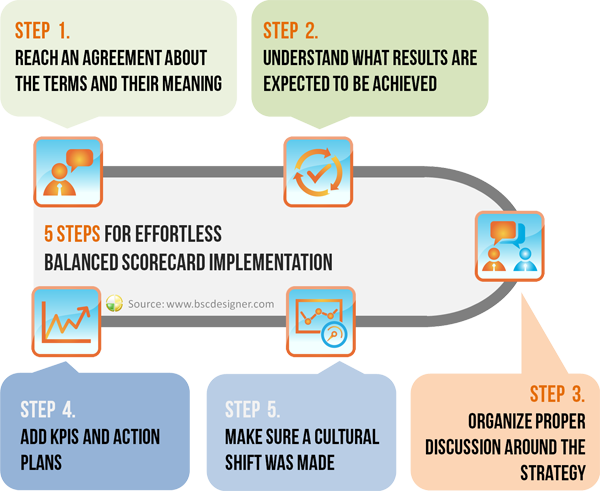
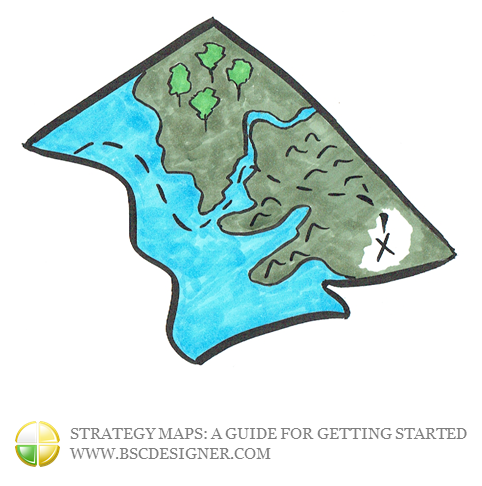
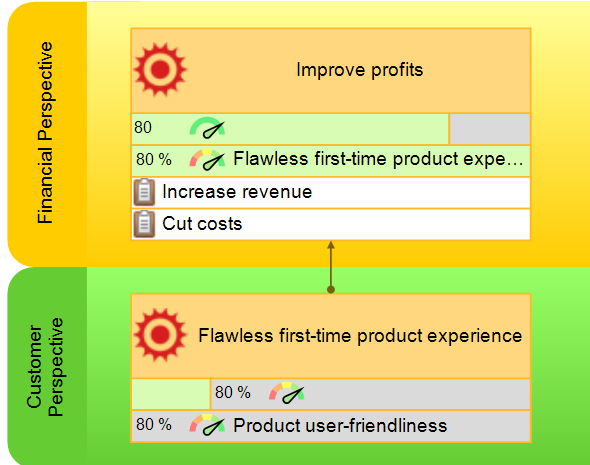
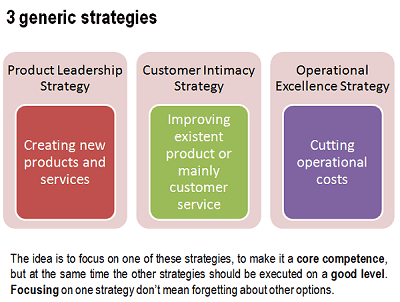
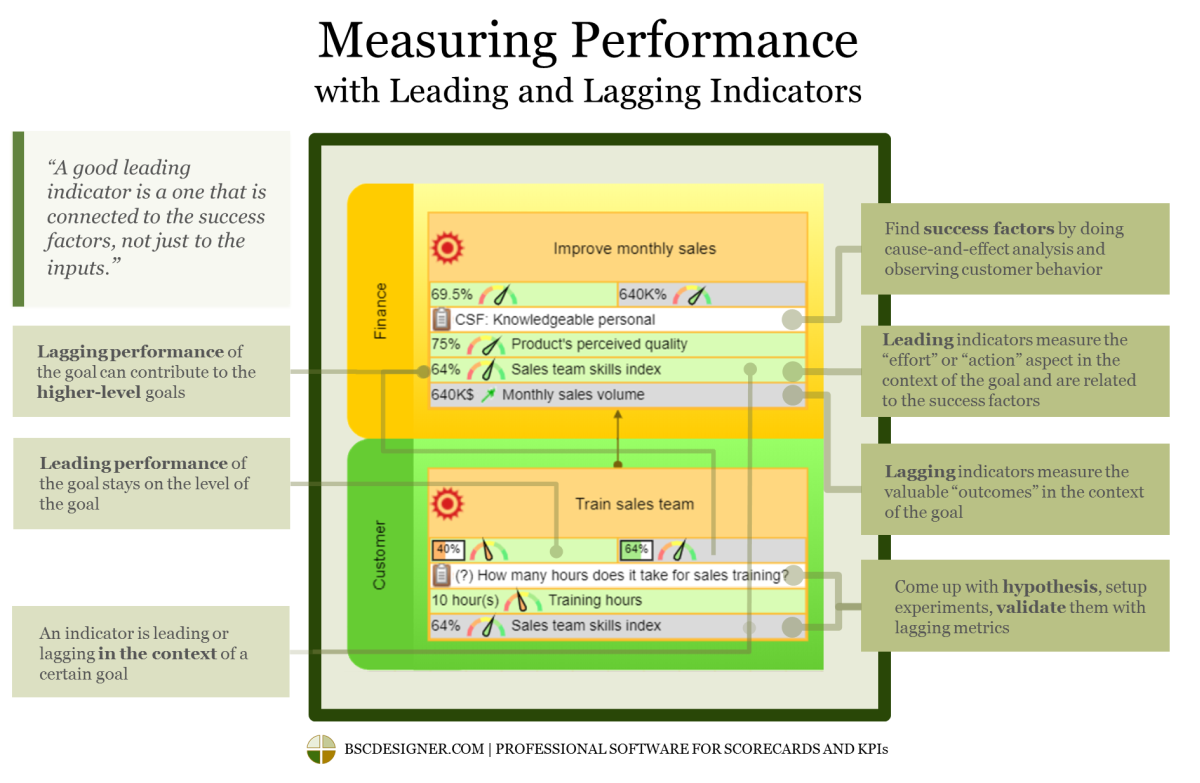
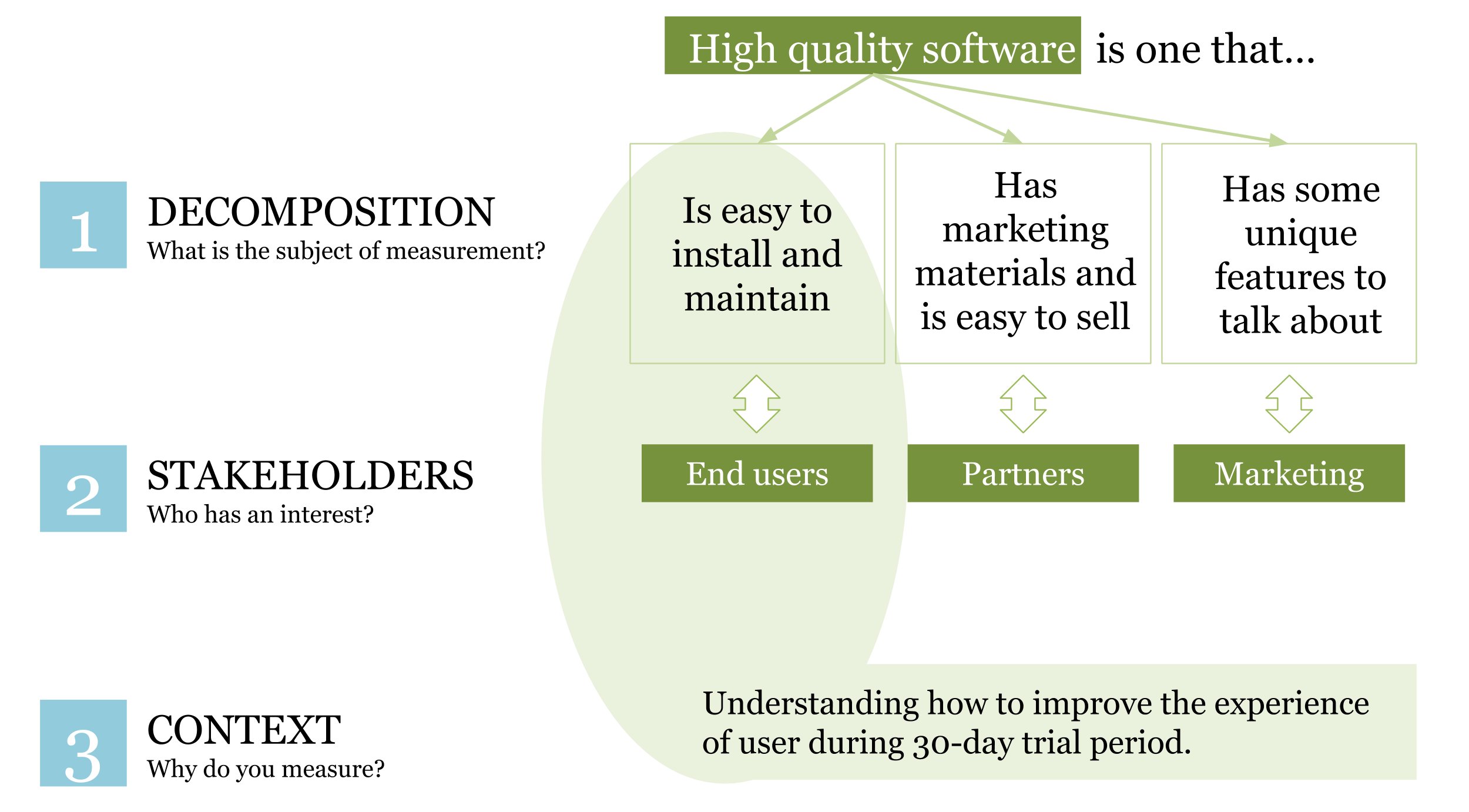
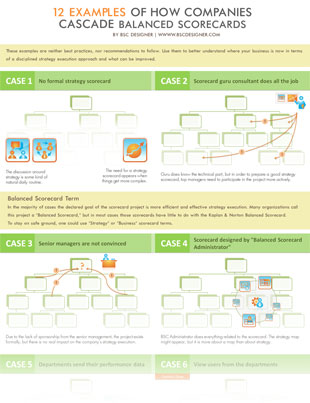
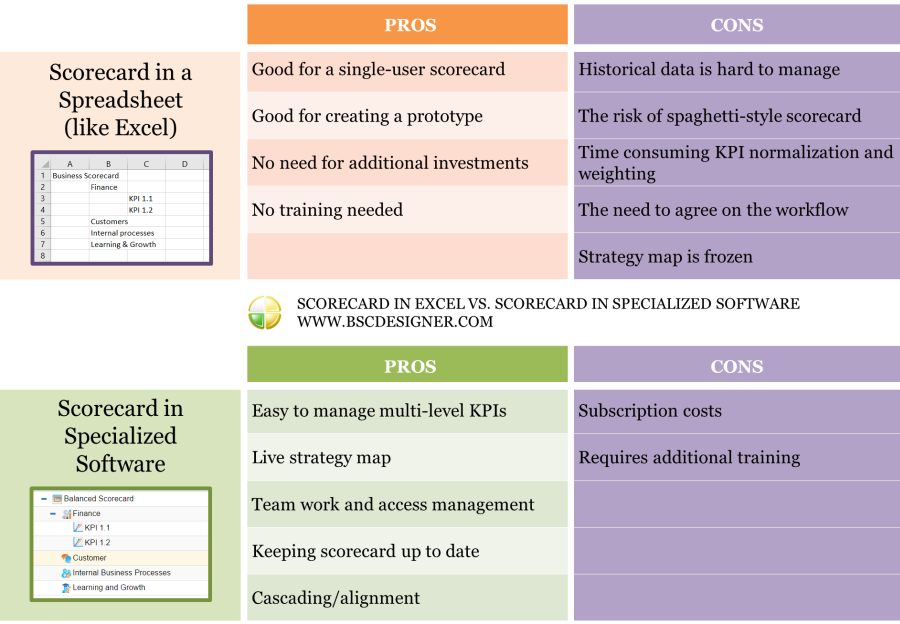
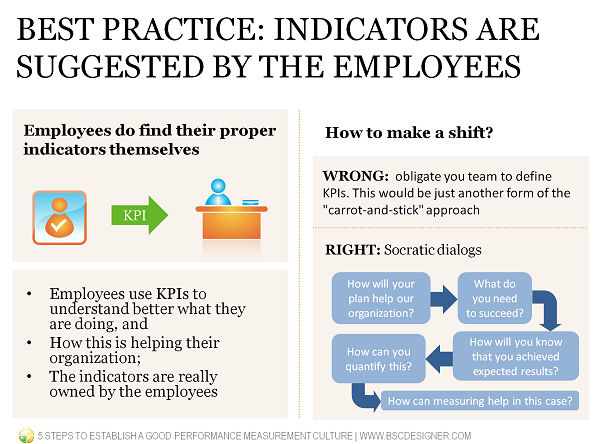
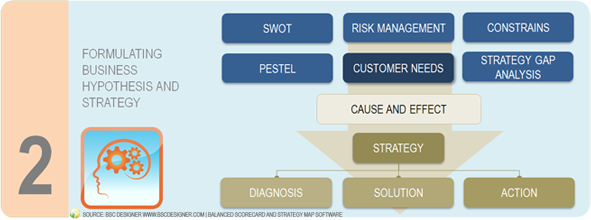
Nice one. I need to know how to prepare internal audit scorecard
It depends on what kind of the audit you plan to do. A general idea is to start with certain context (goals or strategy), then define the KPIs to measure in the context of those goals. You can sign-up with a free plan of BSC Designer, there are a number of templates for different business domains.